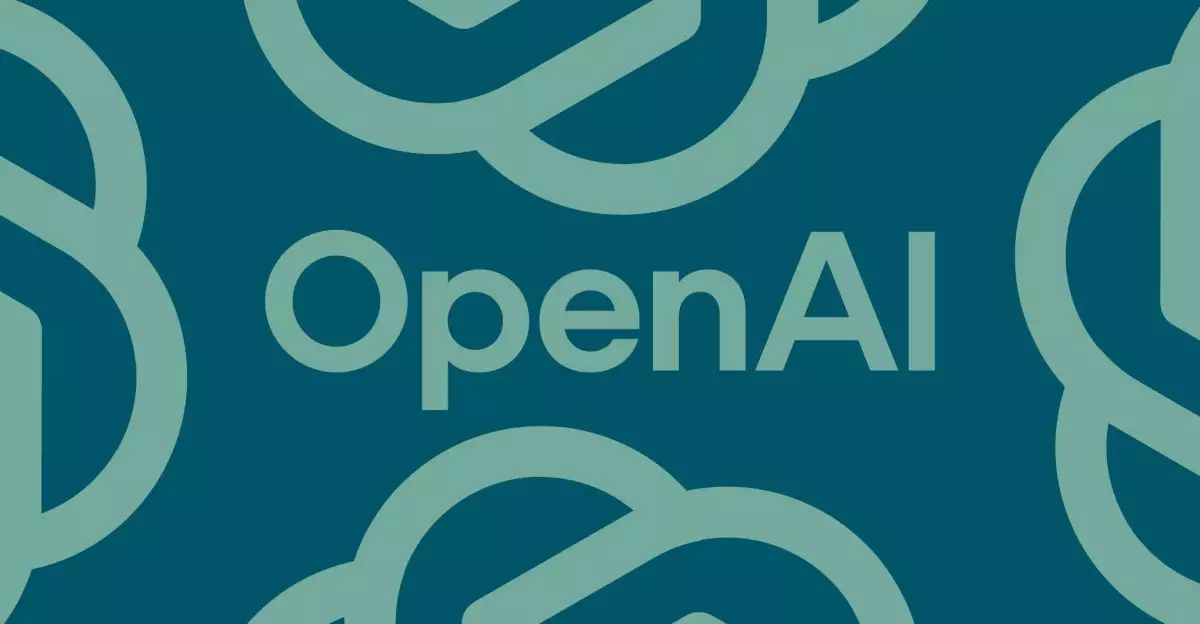At the heart of a contentious legal battle lies the complex relationship between Elon Musk and OpenAI, a company he co-founded with the ambitious vision of harnessing artificial intelligence for altruistic purposes. However, as recent developments unfold, it becomes clear that Musk’s role has shifted from co-creator to antagonistic litigant. With OpenAI accusing Musk of employing underhanded tactics to hinder its growth and innovation, one can’t help but question the motives driving this bitter confrontation.
OpenAI’s countersuit paints Musk’s actions in a particularly nefarious light, outlining a narrative that suggests he is more interested in control than in collaboration. The assertion of “bad-faith tactics” raises unsettling implications about the ambitions of one of the tech industry’s most high-profile entrepreneurs. Instead of nurturing the organization he helped establish, Musk appears intent on stalling its progress for personal gain. Such behavior, if proven, not only casts a shadow over his reputation but also raises ethical questions about the responsibilities of those in positions of power in the tech world.
Legal Maneuvering: A Strategy or a Distraction?
Delving deeper into the legal intricacies at play, it is evident that Musk’s lawsuits are not simply reactionary but rather strategic maneuverings in a much larger game of corporate chess. The original claim, filed to force OpenAI back to its founding principles of benevolence over profits, seems disingenuous given Musk’s current posture. The fact that he would initially step away from a lawsuit only to reignite the legal flames a few months later suggests a disjointed strategy aimed at destabilizing OpenAI rather than clarifying his intentions.
The legal ramifications of this duel are not limited to Musk and OpenAI; they ripple through the broader tech and AI landscape. In an era where the development of AI has become a matter of global importance, Musk’s tactics could set dangerous precedents. If influential moguls can resort to litigation as a weapon to undermine burgeoning technologies or competitors, we may witness a chilling effect on innovation where startups and established companies alike may shy away from pursuing cutting-edge advancements due to fear of baseless lawsuits.
Public Perception and the Future of AI
As the saga unfolds and the trial looms on the horizon, public sentiment becomes another crucial arena for this battle. Musk’s antics, once met with adoration by supporters, now dip into a spectrum of skepticism. The juxtaposition of his visionary claims about AGI and the reality of his actions creates a cognitive dissonance that could erode public trust not only in Musk but in the AI initiatives he champions.
Moreover, the potential outcome of this trial may shape the regulatory landscape for AI development moving forward. If the courts side with OpenAI, it could signal a commitment to ethical standards and collaborative innovations in AI, while a Musk victory may embolden other tech titans to employ aggressive legal tactics in their fiefdoms. As spectators eagerly await the court’s decision in spring 2026, the implications for both the tech sector and society’s trust in AI will hang in the balance.

